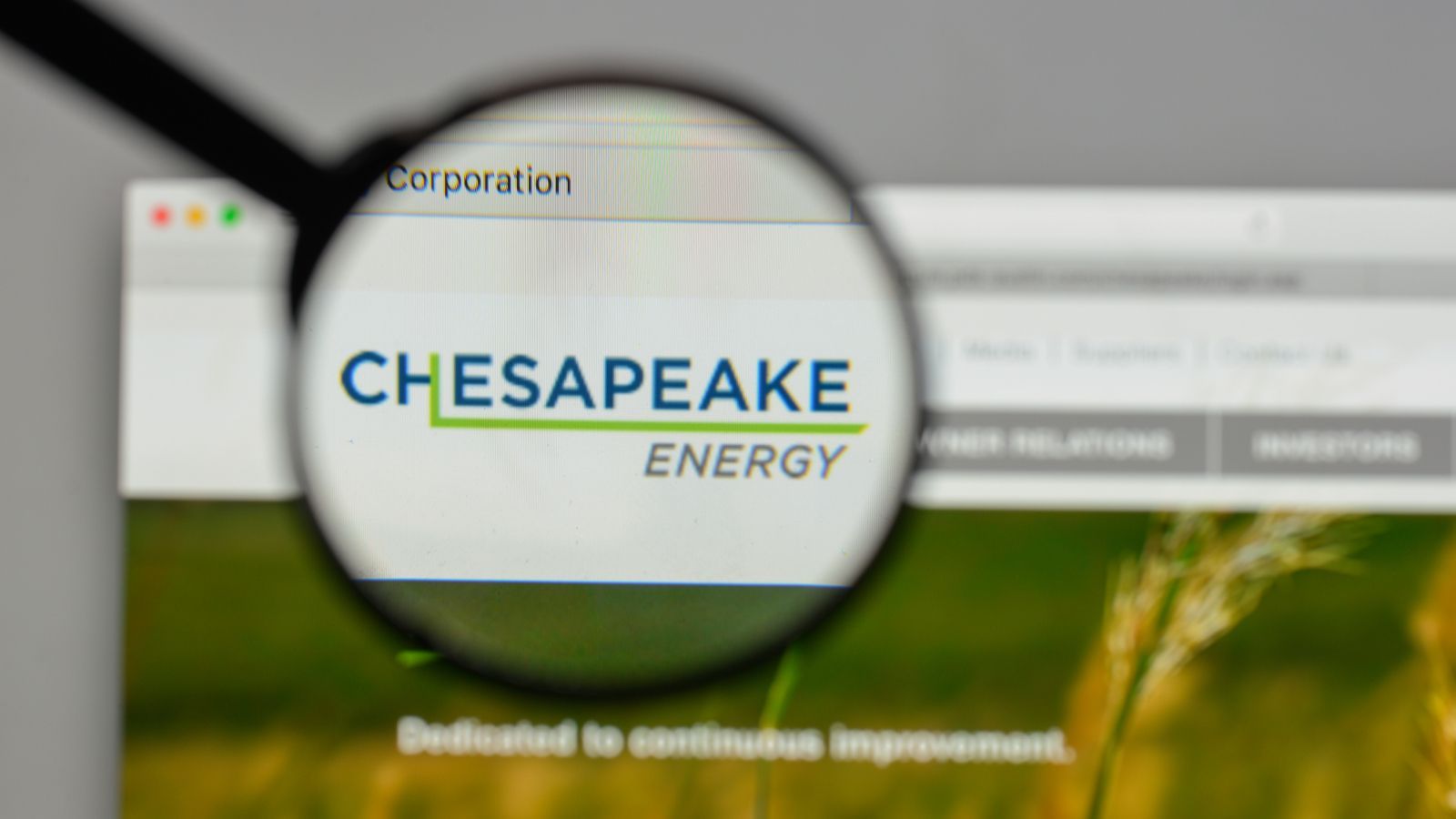Chesapeake Energy (NYSE:CHK) looks as though it’s up by an insane amount this morning, shifting from 13 cents per share to more than $15. Don’t be fooled. While CHK stock may be significantly higher, this is only due to a reverse stock split.

Due to the violent selloff and struggling business model of several companies, these stocks have had to resort to reverse splitting their stocks. Aurora Cannabis (NYSE:ACB) announced such a split this week, while it wouldn’t be surprising to see J.C. Penney (NYSE:JCP) make a similar move.
However, while Aurora did a 1-for-12 split, CHK stock underwent a massive 1-for-200 split. What does that mean exactly?
CHK Stock and Its Massive Reserve Stock Split
A reverse stock split isn’t all that uncommon, but a 1-for-200 split is pretty large. Management convened on the matter earlier this week, with the decision going into effect on the morning of April 15. It will drop its outstanding share count from almost 2 billion to less than 10 million.
Struggling companies often reverse split their stock to meet the minimum requirements of their respective stock exchanges. That’s the case here too, and management couldn’t let the stock stay too low for too long. Otherwise they would risk a de-listing from the NYSE.
In any regard, know that this is a simple sleight-of-hand maneuver; Chesapeake shares may have a higher price, but the value hasn’t changed. In fact, momentum has been just the opposite. Shares closed at 13 cents in the prior session, just a penny above the current 52-week low.
Last month, we acknowledged that shares could rally from the 15-cent area, but that it still wasn’t a buy. In fact, CHK could rally significantly — perhaps doubling or tripling. But we’re not here to speculate on penny stocks, we’re here to find high-quality holdings.
A reverse split may synthetically change the stock price, but it doesn’t change the value or the dire situation Chesapeake Energy is in. We will continue to avoid the stock.
Breaking Down Chesapeake Energy
They could have engineered CHK stock up to $100 via a reverse stock split and it still wouldn’t matter. Changing the outstanding share count doesn’t change the fact that Chesapeake’s business model remains under pressure. Or that oil is trading near $20 a barrel again. Or that the company’s debt load remains a massive and likely unsolvable burden.
A look at the company’s financials should be all that investors need to see.
Current liabilities of $2.39 billion are almost double current assets of $1.25 billion. That suggests that Chesapeake will have trouble meeting its short-term obligations over the next 12 months. Further, total liabilities weigh in at an astounding $11.8 billion, significantly higher than the company’s $312 million market cap.
Most of those liabilities come from Chesapeake’s $9.07 billion in long-term debt. That’s up significantly from the $7.3 billion in long-term debt a year ago, but actually down from the $9.9 billion in debt the company carried in 2017 and 2016.
Unfortunately, the financial issues go beyond the balance sheet.
While free cash flow has improved from several years ago, it remains negative. Without positive operating or free cash flow, we know the situation remains dire, as operations continue to drain away the company’s cash.
Revenue remains under pressure — falling 17.1% from FY2018 to FY2019 — while net income flipped from $873 million in 2018 to a $308 million loss in 2019. It doesn’t matter what the company did in 2017 or 2018. Or even 2019 for that matter. It matters what Chesapeake is doing right now.
Bottom Line on Chesapeake
Look friends, we aren’t rooting for the death of CHK stock. We want companies to succeed and do well, hiring employees and turning a profit. But unfortunately, that doesn’t always play out.
On Wednesday April 15, oil prices broke below $20 per barrel. That’s despite the hyped up production cut from OPEC+ just a few days ago. While a price war helped drive down the price of crude, a lack of global demand due to the novel coronavirus is still hurting prices. We’re running out of storage as the supply glut in oil builds.
The pain trade goes beyond Chesapeake — it includes virtually the entire energy sector. In theory, CHK stock could restructure its debt and sell off assets. But in this type of environment, who wants to refinance that debt and what assets can CHK sell, particularly with other struggling shale companies doing the same thing?
At this point, it’s time to wish Chesapeake Energy well, and look for better opportunities.
Matthew McCall left Wall Street to actually help investors — by getting them into the world’s biggest, most revolutionary trends BEFORE anyone else. The power of being “first” gave Matt’s readers the chance to bank +2,438% in Stamps.com (STMP), +1,523% in Ulta Beauty (ULTA) and +1,044% in Tesla (TSLA), just to name a few. Click here to see what Matt has up his sleeve now. Matt does not directly own the aforementioned securities.
